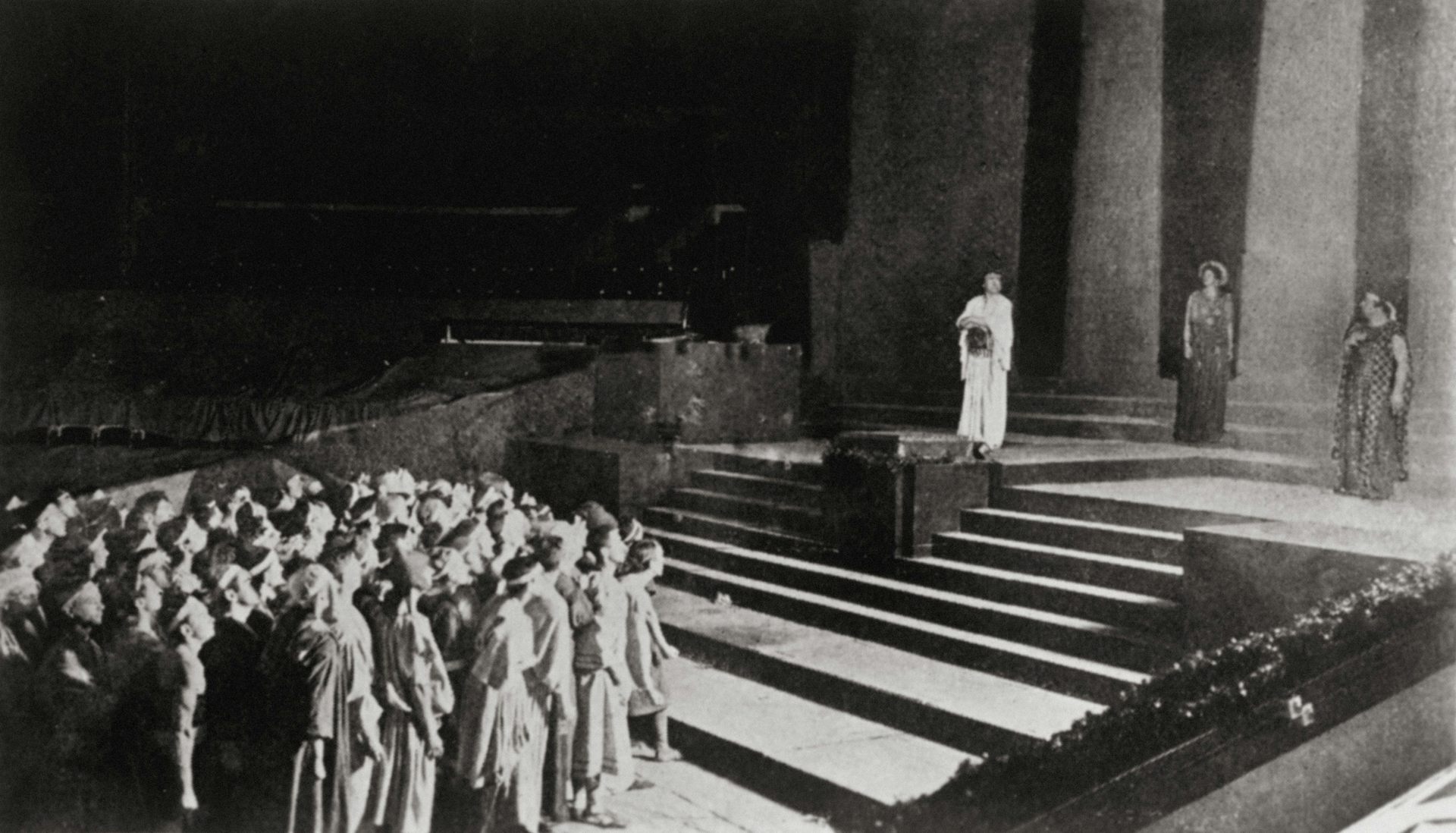

- #Evil ancient wars sparta how to#
- #Evil ancient wars sparta full#
Chirurgia (Surgery): Surgery was rudimentary in ancient Greece because they did not have a full understanding of anatomy.History of Surgery: Greek surgeons performed surgeries such as bloodletting, amputations, and draining lungs of fluid.Ancient surgeries were often performed as a result of war as doctors tried to save the lives of those involved in battles. Bloodletting involved the draining of blood from a patient doctors thought that having too much blood contributed to illness.

A doctor might set a broken bone, amputate an arm or a leg, drain fluid from the lungs, or perform a procedure known as bloodletting.

Medical Politics in Ancient Greece: Separating medicine and religion was an important step for Greek doctors, and this gave them the ability to explore scientific reasons for illness.Īncient Greek doctors performed some surgical procedures on patients.

#Evil ancient wars sparta how to#
Ancient Greek Medicine: Asclepius to Hippocrates: Because people tended to die young in ancient Greece, doctors worked hard to figure out why people got sick and how to heal them. Eventually, Greek doctors looked for natural causes instead of spiritual causes. Ancient Greek Medicine: Initially, the Greeks thought that illnesses were religious punishments. What Is Ancient Greek Medicine? Greek physicians were the first to consider that illnesses had natural causes. Seven Unusual Ancient Medical Techniques: One medical practice in ancient Greece was called bloodletting, which involved draining blood if a doctor thought a patient had too much. Health Care Practices in Ancient Greece: The Hippocratic Ideal: Hippocrates and Asclepius had natural approaches to medical practices that focused on the importance of harmony between people and their surrounding environment. Ancient Greek Medicine: Medical practices looked at mental, emotional, spiritual, and physical reasons behind either health or lack of it. History of Ancient Greek Medicine (PDF): The cult of Asclepius provided medical care in ancient Greece, devising treatments based on older theories. Medicine in Ancient Greece: People in ancient Greece valued their health, and ideas about health had previously been largely based on religion and superstitions. Instead of focusing on repelling evil spirits to heal the sick, doctors began looking at physical cures to help their patients. As philosophers considered matter and elements, Greek doctors began to delve into the possibility that medicine and religion were not intricately connected, as the Egyptians believed they were. Greeks were also very interested in the sciences and mathematics, and they wanted to understand these concepts. Greek people had enough money to give them the freedom to enjoy entertainment, culture, and impressive architecture in their buildings. Alcmaeon was a scientific philosopher who connected illnesses with people’s lifestyle, nutrition, and even the environment. The ancient Greeks placed a strong emphasis on numbers because they thought that specific numbers had meanings. He wrote many arguments and reports about diseases, and his recommended treatments have formed the foundation of medical practices today. Hippocrates was a Greek doctor who lived during ancient times, and he had a major influence on the development of medicine. The Greeks are known for the questions they asked about science and their ability to apply logic to find answers. People in ancient Greece had a major influence on how we live today in many ways, including in the areas of science, math, philosophy, astronomy, literature, theater, and medicine.








 0 kommentar(er)
0 kommentar(er)
